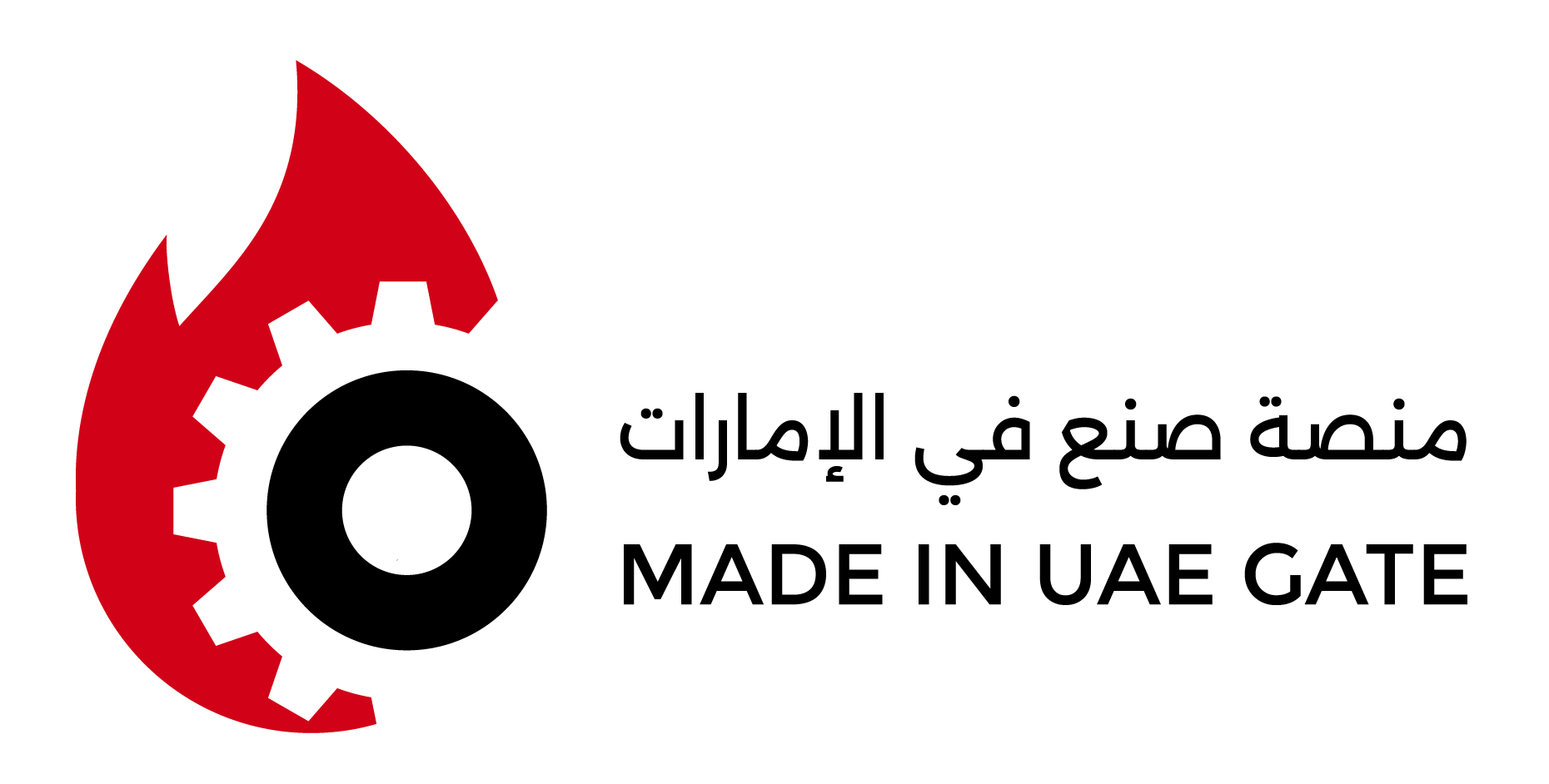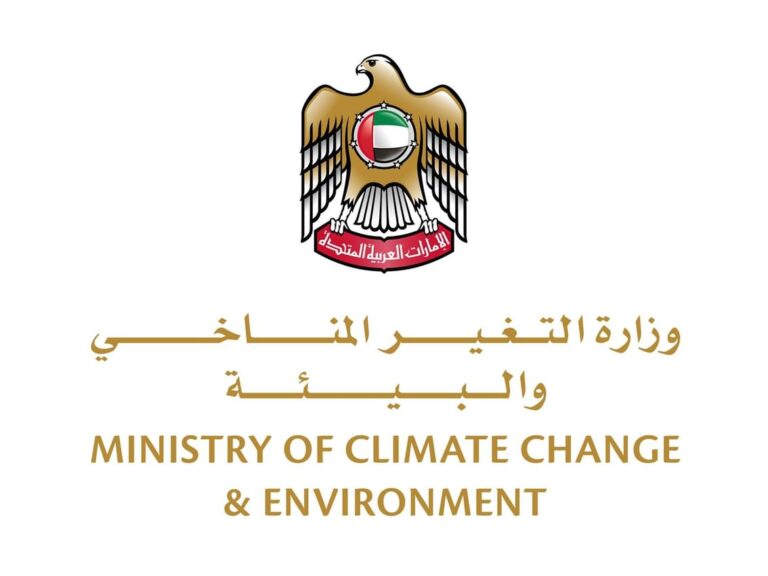The Ministry of Climate Change and Environment (MoCCAE) in the United Arab Emirates has confirmed that it is actively investigating the potential contamination of Beef Pepperoni with Listeria monocytogenes bacteria, working in collaboration with local regulatory authorities and the Saudi Food and Drug Authority.
Coordination is also taking place with the producing company to precautionarily withdraw the affected product from UAE markets until laboratory examinations are completed and the details of the incident are verified.
Dr. Mohammed Salman Al Hamadi, Assistant Undersecretary for Food Diversity at MOCCAE, emphasised that the Ministry is working with various relevant authorities to apply the highest food safety standards to all food products in the country, whether locally produced or imported.
Dr. Mohammed noted that the Ministry is intensifying its investigations regarding the mentioned product to ensure its safety for consumption as quickly as possible. Al Hamadi confirmed that laboratory and field teams are currently collecting additional samples for testing in specialised labs, concurrently with the product’s removal from all markets in the UAE.
Al Hamadi concluded by stating that MoCCAE is committed to taking all necessary measures to enhance food safety as part of its priority to protect the community, ensuring that relevant authorities take all necessary actions to guarantee product safety and protect consumers from any food-related risks.
As part of its efforts to ensure food safety, MoCCAE confirms that the Gulf Rapid Alert System for Food (GRASF) is in place to facilitate the immediate exchange of information about health-threatening food products among the GCC countries. The system is implemented through a standardised methodology and mechanism that ensures quick responses, thereby enhancing the ability of GCC countries to take preventive measures and effectively protect consumer health.



